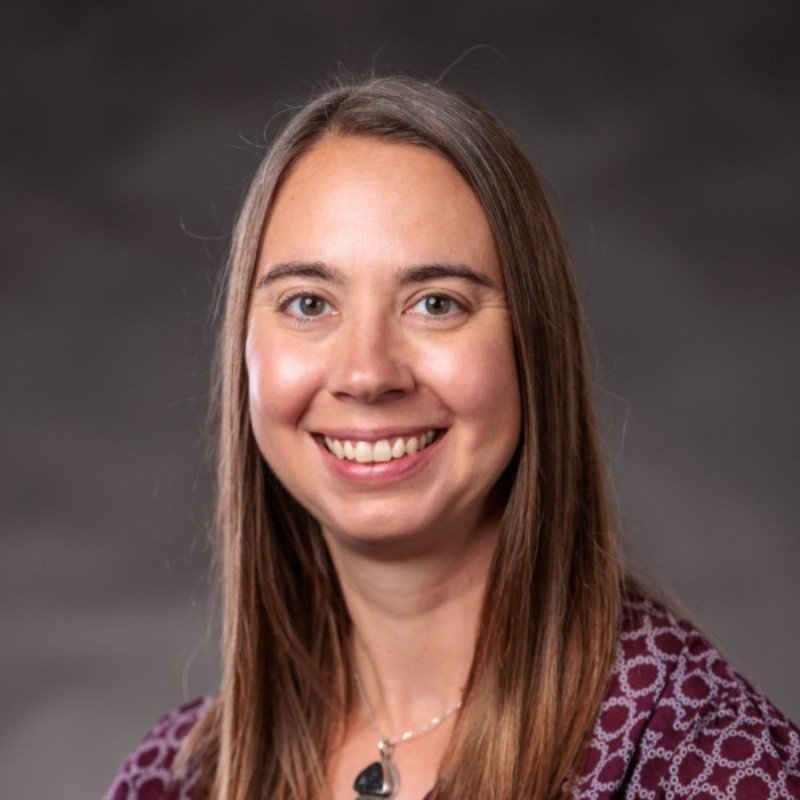Working Together for Better Support – An Interdisciplinary Approach
Dr Amanda Cash
Co-production and collaboration are at the heart of Positive Behaviour Support and reflected in everything we do in our work with people with intellectual and developmental disabilities. Positive Support Group recently had the pleasure of speaking with Amanda Cash about the value of interdisciplinary collaboration in promoting quality of life and wellbeing for people with a support need. During our conversation, Amanda shared her thoughts on the challenges and triumphs of teamwork and her vision for the future of the field.
PSG: Hi Amanda! Could you start by telling us a little about your professional background and what inspired you to focus on collaboration in your work?
Amanda: I began my career as a special educator. Early on, I encountered behaviour analysis, and what stood out to me was how it could address gaps I’d noticed in my education training – particularly in practical strategies for supporting students.
Collaboration became a focus for me because schools are inherently multidisciplinary. Behaviour analysts must work with teachers, speech and language pathologists, occupational therapists, administrators, and more. Effective collaboration ensures that everyone’s expertise contributes to shared goals, ultimately benefiting both students and clients.
PSG: Given your experience, what are the most important factors for successful interdisciplinary collaboration?
Amanda: Successful collaboration starts with soft skills: building rapport and actively listening. Respecting the expertise of different professionals is critical. Listening first and speaking later can make all the difference. By avoiding miscommunication and focusing on shared outcomes, we can create support programmes that everyone agrees with and is able to implement effectively.
PSG: Do you have any thoughts on supporting our clients to be more involved in their own support?
Amanda: Involving clients in their own support is essential, regardless of their skill level. For those new to advocacy, we can start small – perhaps by identifying and sharing their strengths in a team meeting. From there, we can gradually build their confidence and skills, incorporating their preferences and needs while supporting them to take an active role in setting their own goals.
The key is to approach this incrementally, ensuring that the process is empowering rather than overwhelming.
PSG: How does interdisciplinary collaboration benefit those with complex needs?
Amanda: Collaboration aligns everyone towards shared goals, helping to maximise the intensity and consistency of support. When professionals work together effectively, clients benefit from consistent strategies across people and settings, which promotes long-term success.
For example, if a speech and language therapist introduces an augmentative communication device but other team members don’t reinforce its use, valuable learning opportunities are lost. When everyone is on the same page, the client has more opportunities to practise, develop skills, and make progress.
PSG: What about when working within systems that may have differing priorities or constraints?
Amanda: This is a reality in many fields, particularly in underfunded or resource- strained systems. In schools or social care settings, professionals are often overworked and underpaid. Recognising these barriers and adjusting our expectations accordingly is key.
Rather than aiming for perfection, we should prioritise what is feasible and impactful in the given context. Collaboration also involves being honest about limitations – both our own and those of the system – and focusing on incremental progress towards the ultimate goal.
PSG: How do you see the role of behaviour analysis evolving within interdisciplinary teams, especially when working with populations with complex needs?
Amanda: We don’t stay in a client’s life forever, so our support strategies need to be maintainable in natural settings. This means focusing on training not just professionals, but also family members and caregivers, as they are the ones providing long-term support.
Building collaborative and leadership skills is increasingly seen as essential, and I hope this trend continues.

